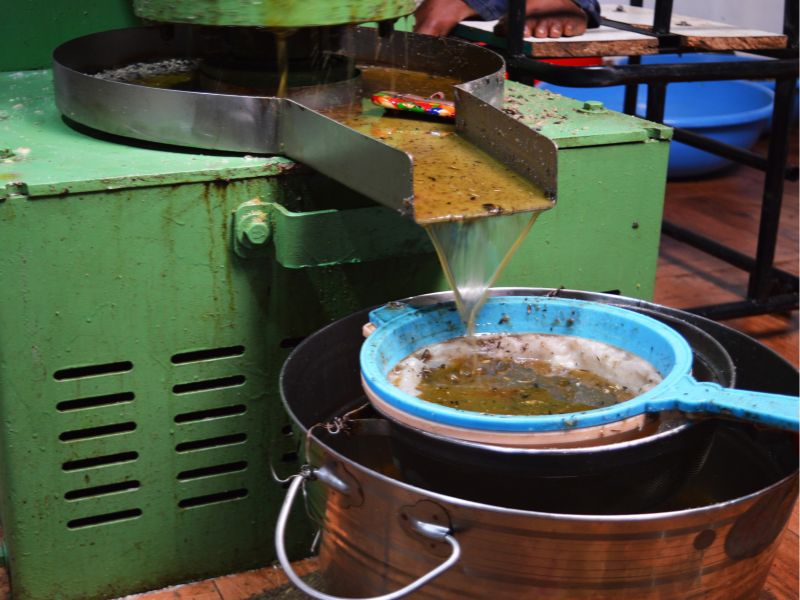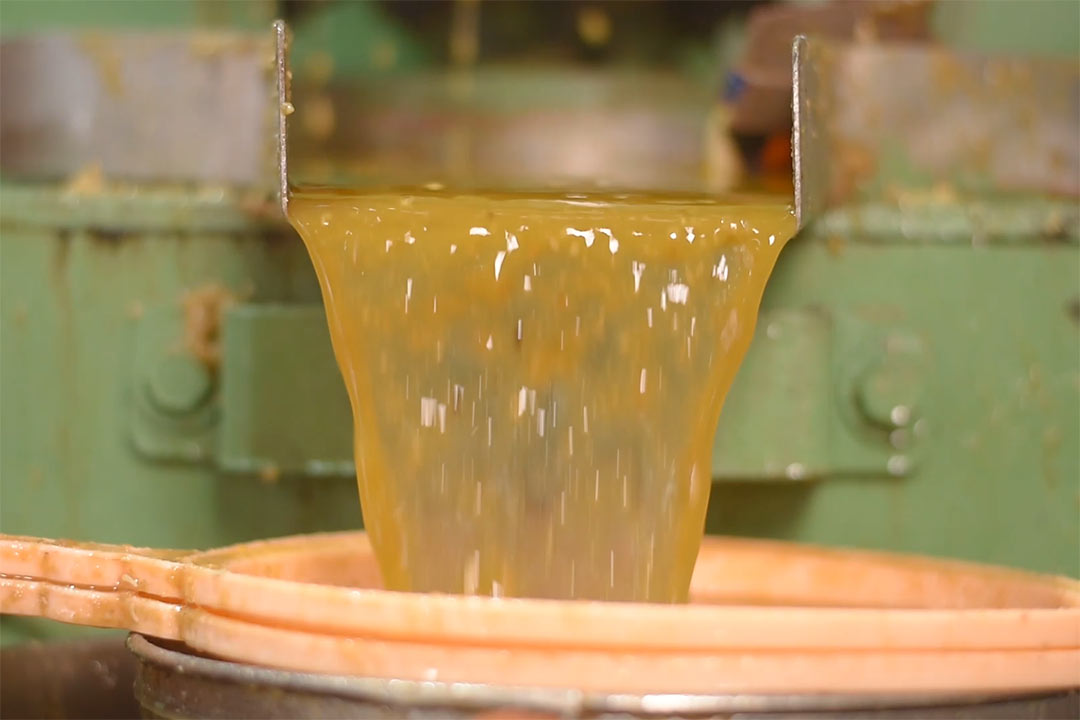Challenges and opportunities in the organic wood pressed oil production industry
In recent years there has been a growing interest in traditional processes of producing oils, such as wood pressed oils. Wood pressed oils are extracted by pressing seeds or nuts using wooden machines or wooden pestles, which have been in use for centuries in India. With the increasing awareness of the health benefits of these oils, the demand for wood-pressed oils is on the rise. In this blog, we will discuss the future of wood pressed oils.
Health Benefits of Wood Pressed Oils:
Wood pressed oils are known for their numerous health benefits. They are rich in nutrients and healthier than other oils processed using chemicals. Wood pressed oils are also free from preservatives and additives, making them a healthy option for cooking and consumption. They are also believed to have a lower level of cholesterol and are beneficial for the heart.
Sustainability:
Wood pressed oils are not only beneficial for health but are also sustainable. The process of oil extraction from seeds or nuts using wooden machines is a traditional and eco-friendly method. Wooden pestles do not require electricity or any other external energy supply, making them sustainable and environmentally friendly. These wooden pestles also help in preserving the natural flavors and aroma of the oil.
Increased demand:
The demand for wood pressed oil is on the rise in recent years. People are becoming more aware of the health benefits of these oils and are choosing them over other oils. The increasing demand for wood pressed oils has led to the establishment of many small-scale industries producing these oils creating employment opportunities and contributing to the economy.
Challenges:
Although the demand for wood pressed oils is increasing, there are challenges associated with the production and distribution of these oils. One of the challenges is the limited availability of seeds and nuts required for producing the oils. The availability of seeds and nuts depends on the seasons, making it hard to maintain a consistent supply of these oils throughout the year.
Another challenge is the lack of standardization in the production process of wood pressed oils. The quality of the oil produced can vary depending on the type of wood used for the machines, the pressure applied during the extraction process, and the storage conditions. This lack of standardization can make it difficult for consumers to choose high-quality wood pressed oils.
Future of Wood Pressed Oils:
Despite the challenges, the future of wood pressed oils looks promising. With the increasing demand for natural and healthy products, wood pressed oils may rise in popularity in the coming years. To overcome the challenges associated with the production of these oils we need better infrastructure and technology.
Efforts should be made to increase the availability of seeds and nuts required for the manufacturing of wood pressed oils. This can be done by promoting sustainable agriculture practices and creating awareness among farmers about the benefits of producing these crops. There is also a need for standardization in the production of wood pressed oils to ensure consistency in quality.
In conclusion, wood pressed oils to have a bright future ahead. The demand for these oils is increasing, and they are gaining recognition for their health benefits and sustainability. However, some challenges need to be addressed to ensure the continued growth of this industry. With the right efforts, wood pressed oils can become a popular and sustainable option for consumption in the upcoming years.







